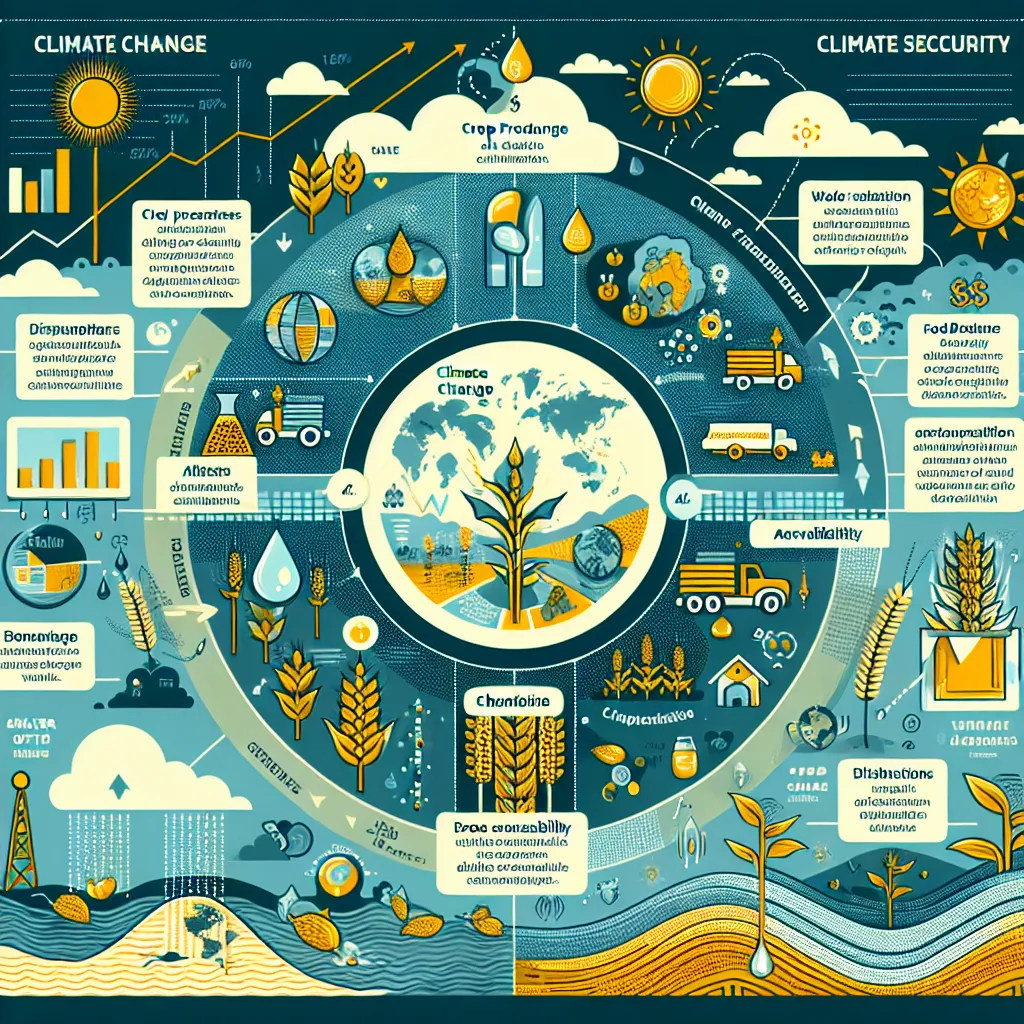Biodiversity protection is a crucial topic that frequently appears in IELTS Writing Task 2 questions. Based on recent trends and past exam patterns, it’s highly likely that you’ll encounter a question related to this theme in your upcoming IELTS test. Let’s explore a relevant question and analyze how to craft compelling essays that showcase your writing skills and knowledge on this important subject.
Table Of Contents
Analyzing the Question
Some people believe that protecting biodiversity is crucial for the planet’s future, while others think human needs are more important. Discuss both views and give your opinion.
This question presents a classic IELTS Writing Task 2 format – discussing two opposing viewpoints and providing your own perspective. It requires you to:
- Explain why some people prioritize biodiversity protection
- Discuss the opposing view that human needs are more important
- Present your own opinion on the matter
Let’s examine two sample essays addressing this prompt, one aimed at a Band 8-9 score and another for a Band 6-7 score.
Band 8-9 Sample Essay
The preservation of Earth’s diverse species and ecosystems is undeniably a critical issue in our modern world. While some argue that safeguarding biodiversity should be our top priority, others contend that addressing immediate human needs takes precedence. In my view, these two concerns are inextricably linked, and a balanced approach is essential for the well-being of both humanity and the planet.
Those who advocate for biodiversity protection emphasize the intricate web of life that sustains our planet. They argue that each species plays a vital role in maintaining ecological balance, and the loss of even one can have far-reaching consequences. For instance, the decline of bee populations worldwide threatens not only honey production but also the pollination of countless plant species, including many of our food crops. Furthermore, biodiversity provides us with invaluable resources for medical research, with many life-saving drugs derived from plants and animals found in nature.
On the other hand, proponents of prioritizing human needs argue that immediate issues such as poverty, hunger, and lack of access to healthcare should take precedence over environmental concerns. They contend that focusing on biodiversity protection diverts resources from addressing these pressing human problems. Additionally, they may argue that economic development, which often comes at the expense of natural habitats, is necessary to improve living standards for millions of people around the world.
In my opinion, the dichotomy between protecting biodiversity and meeting human needs is a false one. The two are deeply interconnected, as human well-being is fundamentally dependent on the health of our ecosystems. Clean air, fresh water, fertile soil, and a stable climate – all of which are supported by biodiversity – are essential for human survival and prosperity. Moreover, many communities, particularly in developing countries, rely directly on diverse ecosystems for their livelihoods through activities such as fishing, forestry, and ecotourism.
Therefore, I believe that a holistic approach is necessary, one that recognizes the interdependence of human welfare and ecological health. This could involve implementing sustainable development practices that balance economic growth with environmental protection, investing in green technologies that create jobs while reducing our impact on nature, and educating people about the long-term benefits of biodiversity conservation.
In conclusion, while the immediate needs of humans are undoubtedly important, we must recognize that our long-term survival and quality of life are inextricably tied to the health of our planet’s ecosystems. By adopting a balanced approach that values both human development and biodiversity protection, we can create a more sustainable and prosperous future for all.
(Word count: 398)
 Biodiversity protection concept
Biodiversity protection concept
Band 6-7 Sample Essay
The question of whether to prioritize biodiversity protection or human needs is a complex issue. Both sides have valid arguments, and in this essay, I will discuss both views before giving my own opinion.
Those who believe in protecting biodiversity argue that it is crucial for the planet’s future. They say that all living things are connected in ecosystems, and losing even one species can have big effects. For example, if bees disappear, many plants won’t be pollinated, which could lead to food shortages. Also, many medicines come from plants and animals in nature, so protecting biodiversity is important for human health too.
On the other hand, people who think human needs are more important argue that we should focus on solving immediate problems like poverty and hunger. They believe that using land and resources for human development is necessary to improve people’s lives. For instance, building houses or farms might destroy some natural habitats, but it provides homes and food for people who need them.
In my opinion, both biodiversity protection and human needs are important, and we should try to balance them. I think that taking care of nature is actually a way of taking care of humans in the long run. Clean air, water, and a stable climate are all supported by biodiversity and are essential for human life. At the same time, we can’t ignore the immediate needs of people who are suffering from poverty or hunger.
I believe we should look for ways to meet human needs that don’t harm the environment too much. This could include using sustainable farming methods, developing eco-friendly technologies, and finding ways to use resources more efficiently. We should also educate people about why biodiversity is important so that they understand the need to protect it.
In conclusion, while human needs are very important, we shouldn’t forget that our own well-being depends on the health of the planet. By finding a balance between protecting biodiversity and meeting human needs, we can create a better future for both people and nature.
(Word count: 329)
Key Points to Remember When Writing
-
Structure: Both essays follow a clear structure with an introduction, body paragraphs discussing each viewpoint, the writer’s opinion, and a conclusion. The Band 8-9 essay has more sophisticated paragraph transitions and a more nuanced argument.
-
Vocabulary: The Band 8-9 essay uses more advanced vocabulary and phrases like “inextricably linked,” “intricate web of life,” and “holistic approach.” The Band 6-7 essay uses simpler language but still effectively conveys the main ideas.
-
Grammar: Both essays demonstrate good control of grammar, but the Band 8-9 essay uses more complex structures and a wider range of tenses.
-
Development of Ideas: The Band 8-9 essay provides more detailed examples and explanations, showing a deeper understanding of the topic. The Band 6-7 essay covers the main points but with less depth.
-
Coherence and Cohesion: Both essays are well-organized, but the Band 8-9 essay has more sophisticated linking words and phrases, creating a smoother flow between ideas.
Important Vocabulary to Remember
- Biodiversity (noun) /ˌbaɪəʊdaɪˈvɜːsəti/ – the variety of plant and animal life in the world or in a particular habitat
- Ecosystem (noun) /ˈiːkəʊsɪstəm/ – a biological community of interacting organisms and their physical environment
- Sustainable (adjective) /səˈsteɪnəbəl/ – able to be maintained at a certain rate or level
- Interdependence (noun) /ˌɪntədɪˈpendəns/ – the dependence of two or more people or things on each other
- Conservation (noun) /ˌkɒnsəˈveɪʃən/ – the action of preserving, protecting, or restoring the natural environment
- Ecological balance (noun phrase) /ˌiːkəˈlɒdʒɪkəl ˈbæləns/ – a state of dynamic equilibrium within a community of organisms
- Pollination (noun) /ˌpɒlɪˈneɪʃən/ – the transfer of pollen to a stigma, ovule, flower, or plant to allow fertilization
- Holistic (adjective) /həˈlɪstɪk/ – characterized by the belief that the parts of something are intimately interconnected and explicable only by reference to the whole
Conclusion
Understanding the importance of biodiversity protection is crucial for success in IELTS Writing Task 2. By mastering the vocabulary, structure, and key arguments related to this topic, you’ll be well-prepared to tackle similar questions in your exam. Remember to practice writing essays on related themes, such as climate change, environmental conservation, and sustainable development. These topics are likely to appear in future IELTS tests due to their global significance.
We encourage you to practice writing your own essay on this topic and share it in the comments section below. This active practice will help you improve your writing skills and get valuable feedback from others preparing for the IELTS exam.



